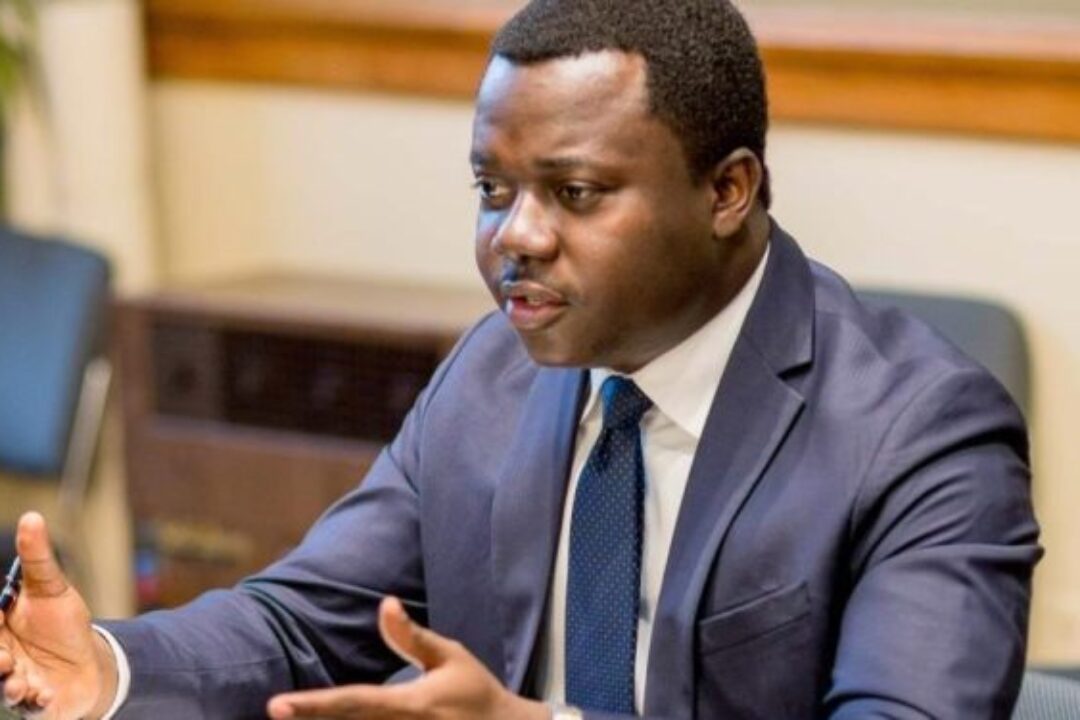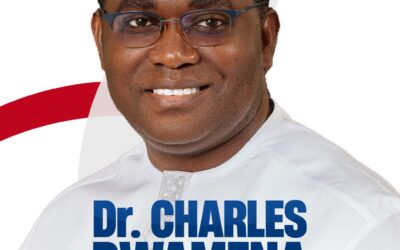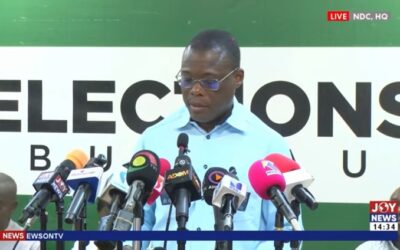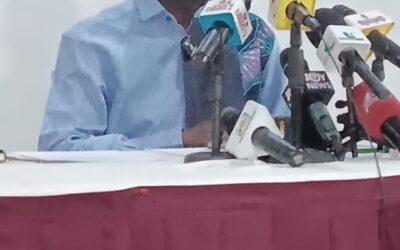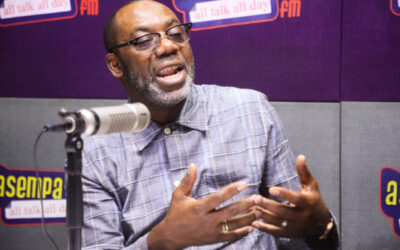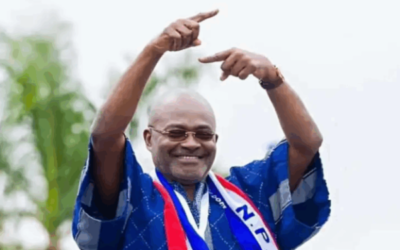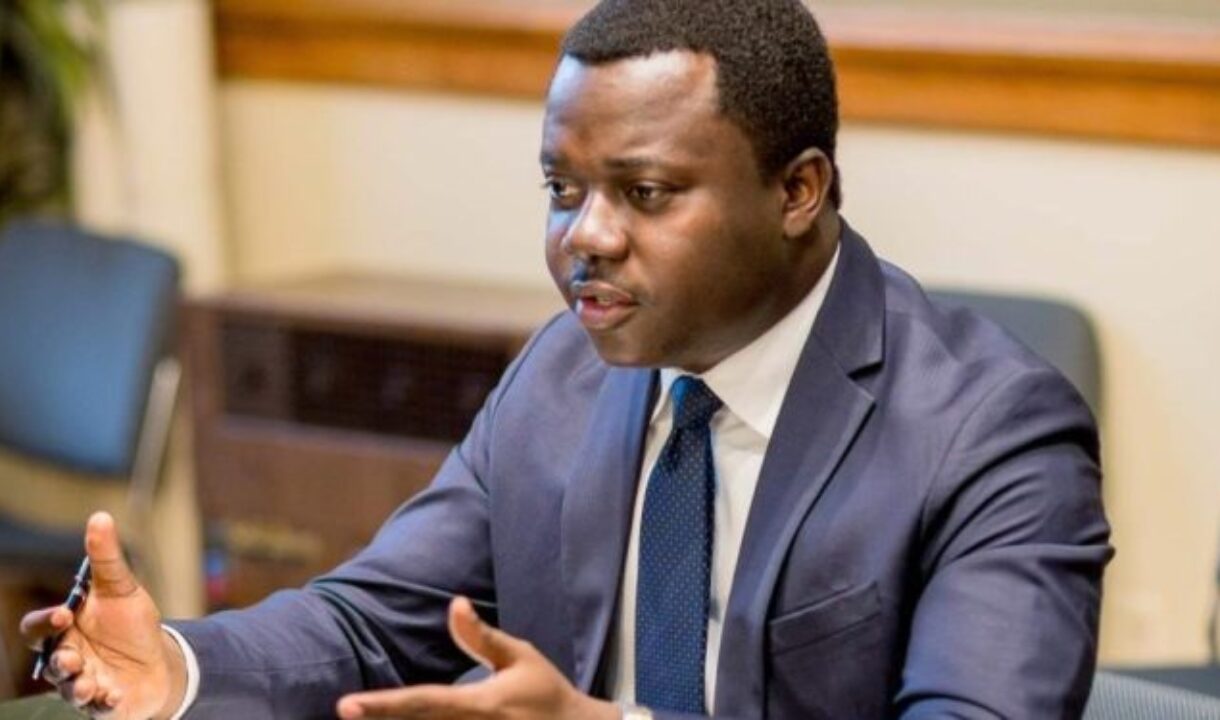Former Deputy Minister of Education, Rev John Ntim Fordjour, has criticised the government’s proposed National Education Forum, calling it a waste of Ghana’s precious resources.
Ghanaian culture-inspired products
The National Education Forum engagements will open on Tuesday, February 18 and climax with a two-day validation conference from Thursday, February 27, in Accra.
The engagements will take off in the Volta Regional capital, Ho, after which the first zonal engagement for the Volta and Oti regions will start before it moves to other regions.


In an interview on the Channel One Newsroom on Monday February 17, Fordjour questioned the necessity of the forum and emphasised the need for the Mahama administration to implement its proposed education policies.
“I must say that we do not need a national education forum to be able to set a vision for President Mahama because, as a president having ample time to campaign, having set out a team to draft your manifesto, it is supposed that within that period your vision is cut out,” Fordjour stated.
He added that the president made specific promises to voters regarding the education sector, and what is now expected is the translation of those manifesto promises into actionable policies.


Rev John Ntim Fordjour
Fordjour highlighted key expectations from the public, including the continuation and extension of the Free SHS policy to private schools, payment of first-year fees for tertiary students in public institutions, and the cancellation of the double-track system.
“They (Ghanaians) want to see how that finds expression in the budget statement that is going to be presented,” he noted.
The former deputy minister also argued that the forum would be redundant, given the existence of a comprehensive education strategic plan put in place since 2018, which spans from 2018 to 2030.
“What they are going to do is nothing new. It is going to be a waste of time and waste of Ghana’s precious resources,” he asserted.
Ghanaian culture-inspired products
Fordjour explained that the strategic plan, aligned with the Sustainable Development Goals (SDGs), was developed with input from various stakeholders, including renowned educationists, professors, civil society organisations (CSOs), and both local and international development partners.
He therefore called on the Mahama administration to focus on implementing the existing strategic plan and fulfilling the promises made during the campaign, rather than convening a new forum.


